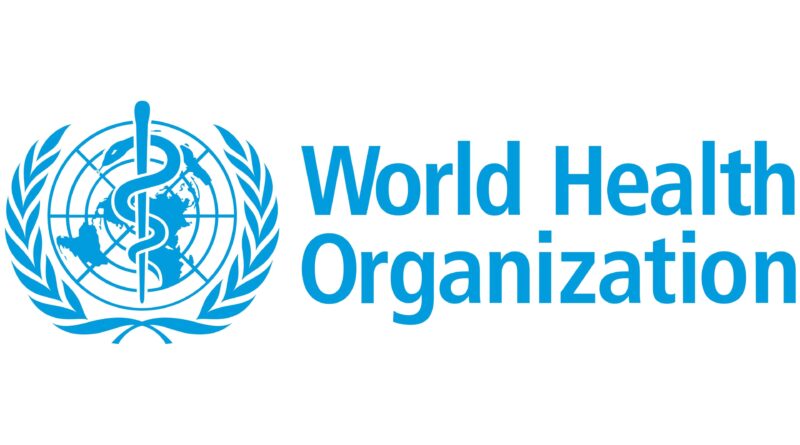Laos Eliminates Elephantiasis: WHO
Source: Xinhua Net
Laos has eliminated lymphatic filariasis, commonly known as elephantiasis, a painful and disabling neglected tropical disease, the World Health Organization (WHO) said here on Monday.
Lymphatic filariasis is a parasitic disease spread by mosquitoes that causes the enlargement of body parts, often resulting in pain, severe disability, stigma, and associated economic hardship.
To eliminate the disease, which by 2002 was endemic in only one southern Laos province, Attapeu, local health authorities and partners gave preventive medication to at-risk communities from 2012 to 2017.
Elimination efforts also benefited from activities to reduce malaria and dengue, including distributing long-lasting insecticide-treated nets and health education campaigns. Partners and donors have supported activities, including medication administration, monitoring visits, and a survey to assess the disease’s transmission.
The United Nations health agency said Laos is working to eliminate two additional vector-borne diseases, malaria and schistosomiasis. For malaria, which is spread by mosquitoes, innovative and aggressive approaches are bringing education, testing, treatment, surveillance, and items to remote areas to help the country progress toward elimination by the end of 2023. By 2030, Laos also hopes to eliminate schistosomiasis, a parasitic disease spread in the country by snails in water.
In 1997, the World Health Assembly resolved to eliminate lymphatic filariasis as a public health problem. In 2000, the WHO launched the Global Programme to Eliminate Lymphatic Filariasis by focusing on stopping the spread of infection through large-scale, annual treatment of all eligible people in affected areas and alleviating suffering among people affected by this disease by managing morbidity and preventing further disability through an essential package of care.



